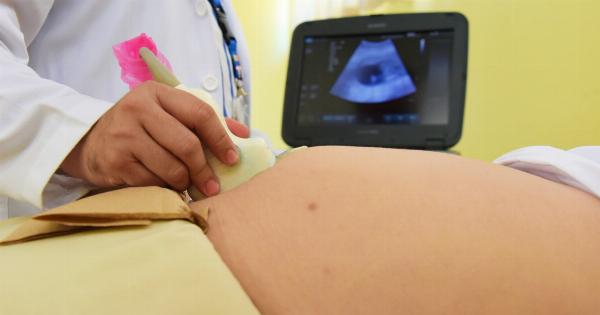During cold weather, it is common to experience health problems such as flu, colds, coughs, and fever. One of the more common illnesses that people experience during this time is the stomach flu, also known as viral gastroenteritis.
It is a highly contagious viral infection that affects the digestive system, leading to diarrhea, vomiting, and stomach cramps. Let’s take a closer look at this illness in terms of its causes, symptoms, and treatment.
What Causes Stomach Flu?
The stomach flu is caused by a number of viruses, including norovirus, rotavirus, adenovirus, and astrovirus. These viruses enter your body via contaminated food, water, or surfaces.
For instance, if you eat food that has been contaminated by someone who has the virus, or use utensils that have been touched by someone with the virus, you may catch it too.
What are the Symptoms of Stomach Flu?
The symptoms of stomach flu may include the following:.
- Diarrhea
- Vomiting
- Stomach cramps
- Nausea
- Fever
- Headache
- Chills
- Muscle aches
These symptoms may start suddenly, usually within one to three days of exposure to the virus. They tend to be more severe in children, older adults, and people with weakened immune systems.
How is Stomach Flu Diagnosed?
Your doctor may diagnose stomach flu based on your symptoms and medical history. They may also perform a physical exam to check your abdomen for tenderness or swelling.
In some cases, your doctor may order stool tests to confirm the presence of the virus.
How is Stomach Flu Treated?
There is no specific treatment for stomach flu. Most people recover within a few days without any treatment. However, it is important to stay hydrated by drinking plenty of fluids, such as water, sports drinks, and clear broths.
Avoid drinking carbonated or sugary drinks, as they may worsen your symptoms.
You may also want to eat light, bland foods, such as rice, toast, applesauce, and bananas. Avoid dairy products, fatty or spicy foods, and caffeine until you feel better.
Additionally, you may need to rest and avoid strenuous activities until your symptoms subside.
If you have severe symptoms or if you are at risk for complications, your doctor may prescribe medication to help relieve your symptoms. Antidiarrheal drugs, such as loperamide, may help alleviate diarrhea.
Antiemetic drugs, such as promethazine, may help reduce nausea and vomiting.
How to Prevent Stomach Flu
There are several measures you can take to prevent stomach flu, including:.
- Washing your hands frequently with soap and water
- Avoiding close contact with people who have the virus
- Cleaning and disinfecting surfaces regularly, especially in public places such as schools and hospitals
- Not sharing utensils, towels, or bedding with someone who has the virus
- Ensuring that food is cooked thoroughly and stored at appropriate temperatures
If you have the virus, you can help prevent its spread by staying home from work, school, or other activities until your symptoms have subsided. Be sure to wash your hands frequently and avoid sharing utensils, towels, or bedding with others.
When to See a Doctor
In most cases, stomach flu can be treated at home without medical intervention. However, you should see a doctor if:.
- Your symptoms are severe or last longer than a few days
- You have bloody diarrhea or vomit
- You are dehydrated and cannot keep fluids down
- You have abdominal pain that does not go away
- You have a high fever that lasts more than three days
If you experience any of these symptoms, seek medical attention immediately.
Conclusion
The stomach flu can be a painful and uncomfortable illness, but with proper care and prevention measures, you can reduce your risk of getting sick.
Be sure to wash your hands frequently, avoid close contact with people who have the virus, and clean and disinfect surfaces regularly. If you do get sick, remember to drink plenty of fluids, eat light, bland foods, and rest. Most importantly, seek medical attention if you have severe symptoms or if your symptoms last longer than a few days.





























